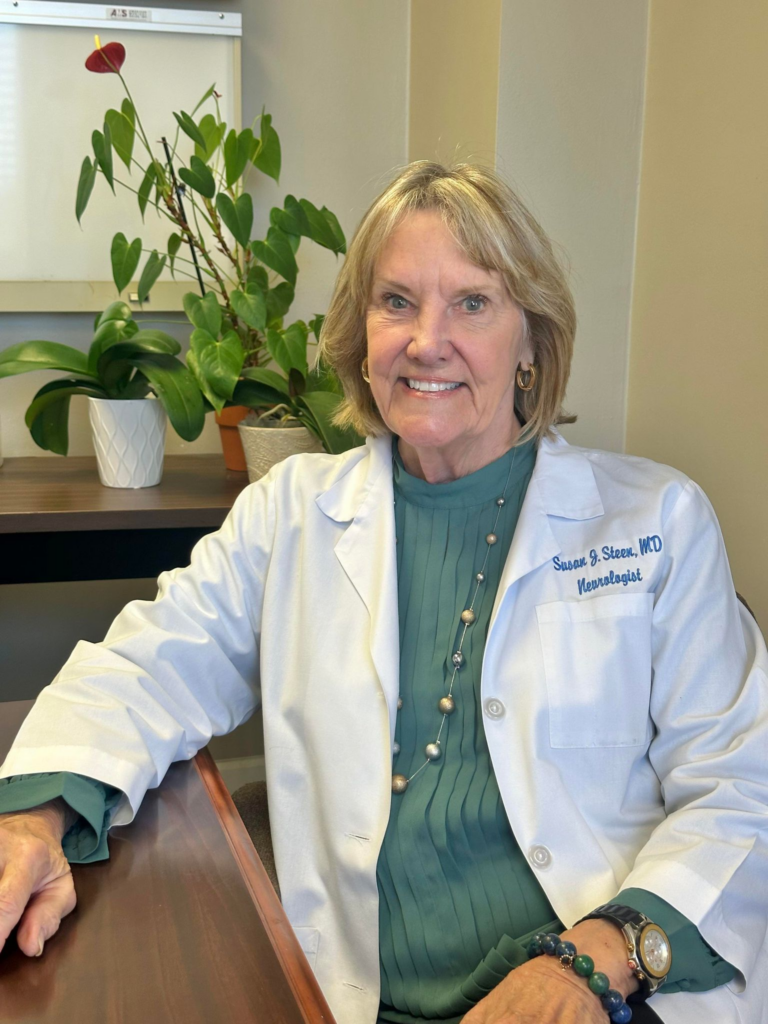Resident contributor, Dr. Susan Steen breaks down three life changes to track
to prioritize your brain health as you and your loved ones age.
As people age, it’s normal to experience occasional forgetfulness, however when does ‘some’ memory loss become a bigger concern? There are three aspects of your life that you can reflect on and consider how memory concerns may be impacting you or your loved ones. It’s important to maintain your brain health and know what is normal and when there is a need for help. The more time you have before a diagnosis, the more prepared you can be.
Disruption of Daily Life
If there is a problem with remembering recently learned information or the ability to complete a routine household task, like failing to pay bills on time or at all, recalling familiar recipes, or struggling to complete a routine household task, you should consider talking with your doctor.
What is normal? Forgetting information and remembering it later, such as a person’s name or phone number, may not be cause for concern. Additionally, if you make a single mistake on a monthly bill, need help with accessing a mobile app, or need a refresher on using the television remote, those are all likely to be normal parts of aging.
Confusion with Judgement and Conversations
If you experience frequent confusion whether due to new visual impairments or in conversations, it can be a reason to seek help. Vision changes that result in difficulty reading or judging spatial distance should be flagged to your doctor. Concerns with participation in conversation could include repeating yourself constantly or suddenly losing your train of thought mid-conversation. Similarly, misplacing belongings and the inability to trace steps to find them is worth noting to your trusted health care professional.
What is normal? Cataracts can cause vision issues, and struggling to find the right word can be normal. If you occasionally lost an object but you can find it eventually, that could be a typical sign of aging. However, experiencing confusion may not always be Alzheimer’s and could be due to a medication reaction, stress or lack of quality sleep or even an undiagnosed medical condition (other than Alzheimer’s). It’s worth talking with your doctor.
Changes in Mood/Decision-Making
If you experience changes in your confidence around decision-making or unexplained shifts in your mood, it is important to talk with your doctor. For instance, if you are neglecting to maintain daily hygiene, or if you are finding yourself withdrawing from beloved social activities, those may also be a reason to talk with a trusted healthcare professional.
What is normal? When you make a mistake like forgetting to close the garage door, there may not be a need for a concern. It’s also natural to have negative feelings occasionally, whether feeling blue and wanting to skip out on a social activity or being upset if your routine is interrupted.
If you have a concern in any of these three areas above, what’s next? Axiom Brain Health is an available resource in your community and we can work with your primary health care provider. We have information to help you maintain your brain health, including free memory screenings. You can reach us at (813) 353 9613 or www.axiombrainhealth.com.
SUSAN J STEEN, M.D. – NEUROLOGIST
Dr. Steen graduated from the University of Florida Medical School in 1978, served her residency at the University of South Florida and affiliated hospitals, and completed her Neurology residency at the University of Florida, Gainesville, receiving Board Certification in Medicine & Surgery in 1979 and in Neurology and Psychiatry in 1991. She joined Tampa Neurology Associates in 1983, becoming a partner shortly thereafter, and is a cofounder (1993) and president of Axiom Clinical Research of Florida. Dr. Steen is a renowned speaker for Alzheimer’s Disease and is the medical advisor to multiple memory loss facilities. She is on staff at St. Joseph’s, Memorial Hospital of Tampa, St. Joseph’s Women’s Hospital, and Tampa General.
